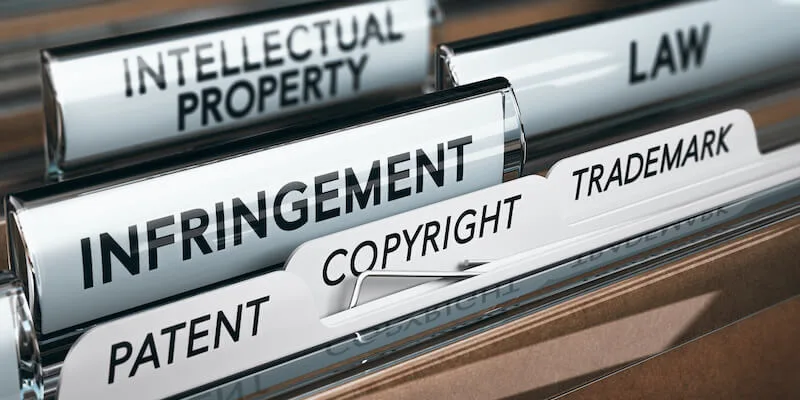Ok, so you’ve had a lightbulb moment, you’ve uncovered an original idea that’s going to change the world – great! One problem: how are you going to stop someone from stealing your amazing idea and turning it into a money-making machine for themselves?
Protection of an inventor’s idea is crucial for the success of any project. If you don’t legally prevent others from copying your idea, particularly the elements that make it unique, you run the risk of losing your idea to someone else.
So, how can inventors protect their ideas?

Inventors Copyright
If your idea is a tangible item, such as music, art, writing, literature, documents, painting, books, or something similar. Then copyright is the legal protection you need.
What’s great about copyright is you don’t have to register it. Once you’ve created the work, it’s yours, you own it, and you have the right to produce and reproduce it.
However, you can register a copyright, and if you think your work is susceptible to infringement, it’s in your best interests to register it with the US Copyright Office. Once registered, you’ll have the upper hand in any disputes, and resolutions will be easier to achieve.
Alternatively, without registering, you could be left unable to prove the original document or item is yours.
Trademark an Idea
Trademarks are used to protect names, words, symbols, or logos. Similar to copyright, you don’t have to register them, but you will benefit from a higher level of protection should you choose to do so. The organization for registering trademarks in the US is the US Patent & Trademark Office.
It can be a complicated and complex process to register a trademark, but if you have an idea or brand you want to protect, it’s highly recommended. More often than not, businesses and inventors will choose to enlist the expertise of a patent and trademark lawyer.
Inventor’s Patent
Lastly, and most importantly for inventors – the patent. If your invention relates to the widest variety of inventions, including processes, machinery, products, or any improvements on existing items.
Patents offer the most protection for an idea or concept, which means the process of filing one can be lengthy – in some cases up to two years. However, you can file a provisional patent, which protects your idea and stops anyone else from registering the same work for 12 months. This allows you the time needed to prepare a patent application.
In Summary
It’s always best to protect your idea in some way, don’t just rely on the basic protection you get from an unregistered trademark or copyright. Preventing others from stealing your idea is crucial for your success, and protection makes resolving infringement much easier.

